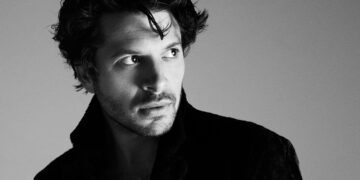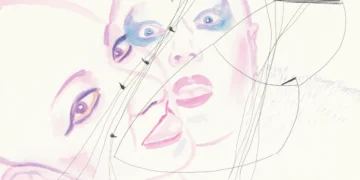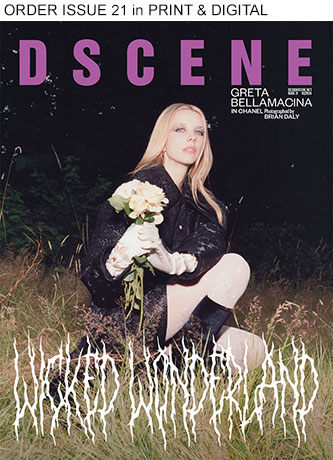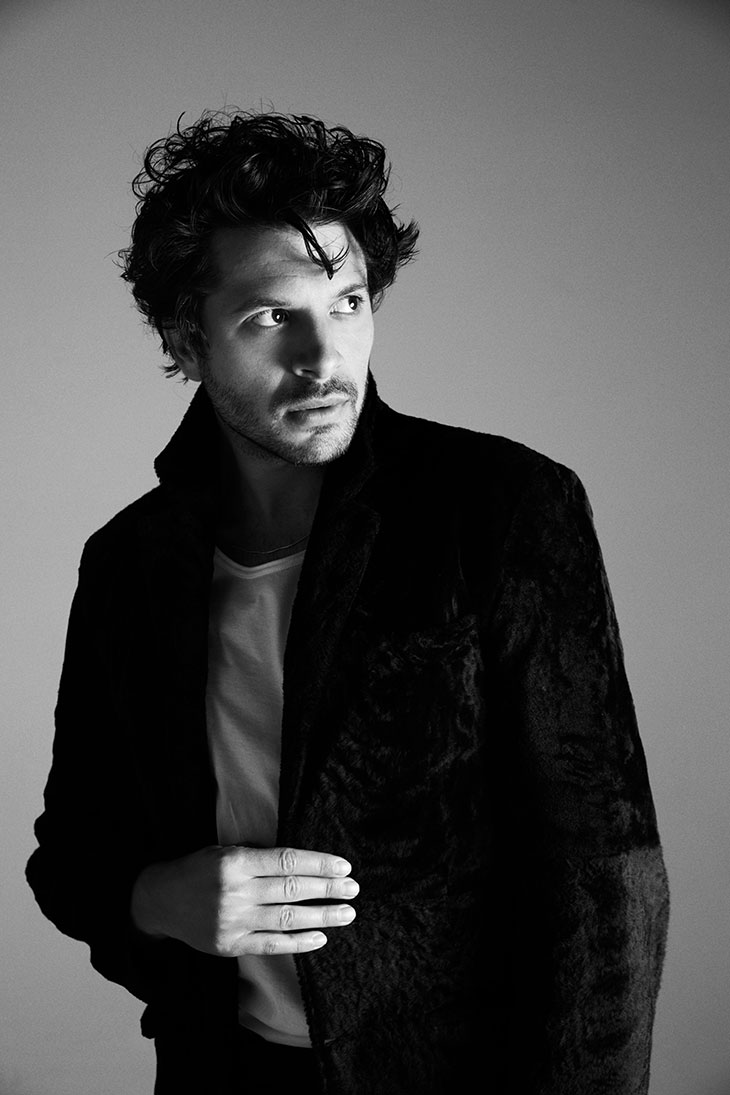
British actor Dimitri Leonidas stars in the highly anticipated Peacock/Amazon series Those About to Die. Directed by Roland Emmerich, known for his work on Independence Day, and featuring the legendary Anthony Hopkins, the series is set to premiere on July 18. This epic drama dives into the corrupt, spectacle-driven world of gladiatorial competition, offering a fresh perspective on ancient Rome. Dimitri takes on the role of the famed playboy chariot racer Scorpus, a character sure to captivate audiences from the very first episode.
INTERVIEWS
Can you share a bit about your background and what inspired you to pursue a career in acting?
I started acting quite young. My sisters were attending an afterschool drama class, and my mum encouraged me to give it a try. After a few weeks of refusal, I eventually did try it and really enjoyed it. I didn’t have any formal training but gained experience by landing some TV roles when I was a teenager. After college, I decided to commit to acting as a career. Those early years were hard, but I believe you have to go through it; you learn a lot during those times, and the lessons stay with you.

What drew you to the role of Scorpus, and how did you go about researching about the historical context of the Roman games?
Scorpus is such a wild character. Rome’s corrupting influence has definitely infiltrated him. He has lost himself in the fame, glory, and the mythology built around him—the “Great Scorpus!” I listened to a podcast called “The History of Rome,” which spans many hundreds of hours and chronologically tells the story of Rome from its inception. It helped me build a more complete picture and highlight events close to the time Scorpus lived.
How did working with director Roland Emmerich and co-star Anthony Hopkins influence your performance and approach to the character?
Sadly, I didn’t have any scenes with Anthony Hopkins, but I am thrilled to be part of a production with him. He is a giant, one of the best. Roland wanted me to lean more and more into the idea that Scorpus is a persona that the character has become lost in. This manifested most clearly in Scorpus talking about himself in the third person. It was weird at first, but perhaps even stranger is how quickly I became accustomed to it.
What was the process like for preparing for the role of a chariot racer?
In preparation for playing a chariot racer I spent time in stables, attending the daily needs of the horses, cleaning, feeding them etc. Alongside that I had chariot training which began with riding horse led carriages through obstacle courses and graduated to riding a four horse chariot.
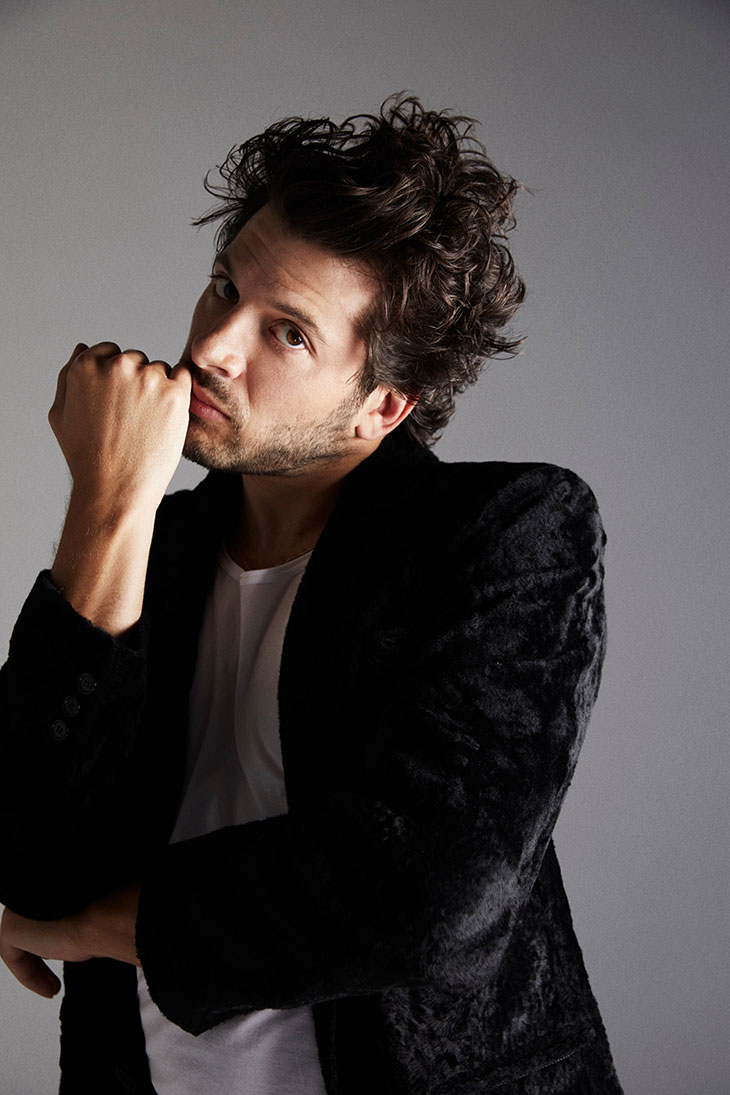
Can you share any memorable experiences you faced while filming the series, particularly during the action-packed scenes?
One incident I will never forget happened during a scene where I was waving to the crowd while riding the chariot around Circus Maximus. Something startled one of my horses, causing it to bolt. I grabbed the reins with both hands (I was still waving with one hand when it happened) and tried to slow the horses to a trot. Unfortunately, the other three horses followed suit, and all four started galloping. The sensation was unreal, like an earthquake at the end of my arms.
As we approached the turn at Circus Maximus, I had to pull with all my strength to make the turn and avoid colliding with the corner. I could hear screams and panic around me as the crew and stunt team realized what was happening. The sand kicked up by the horses nearly blinded me. I remember thinking, “Don’t die and don’t let the horses die.” Thankfully, due to extensive training, I managed to navigate the turn, but it was a close call!
“Roland wanted me to lean more and more into the idea that Scorpus is a persona that the character has become lost in. This manifested most clearly in Scorpus talking about himself in the third person. It was weird at first, but perhaps even stranger is how quickly I became accustomed to it.”
The show highlights the dark and corrupt aspects of gladiatorial contests in ancient Rome, what do you hope “Those About to Die” will teach viewers about this period in history?
The show depicts many aspects of Roman society that have direct equivalents today. The mass sport events, the manipulation of the public to rebalance political power, the worship of celebrity. Rome is very much the model of empire we still live in and I hope audiences enjoy our representation of that. Equally I hope they enjoy the way the series grounds these huge competitions with real human drama.
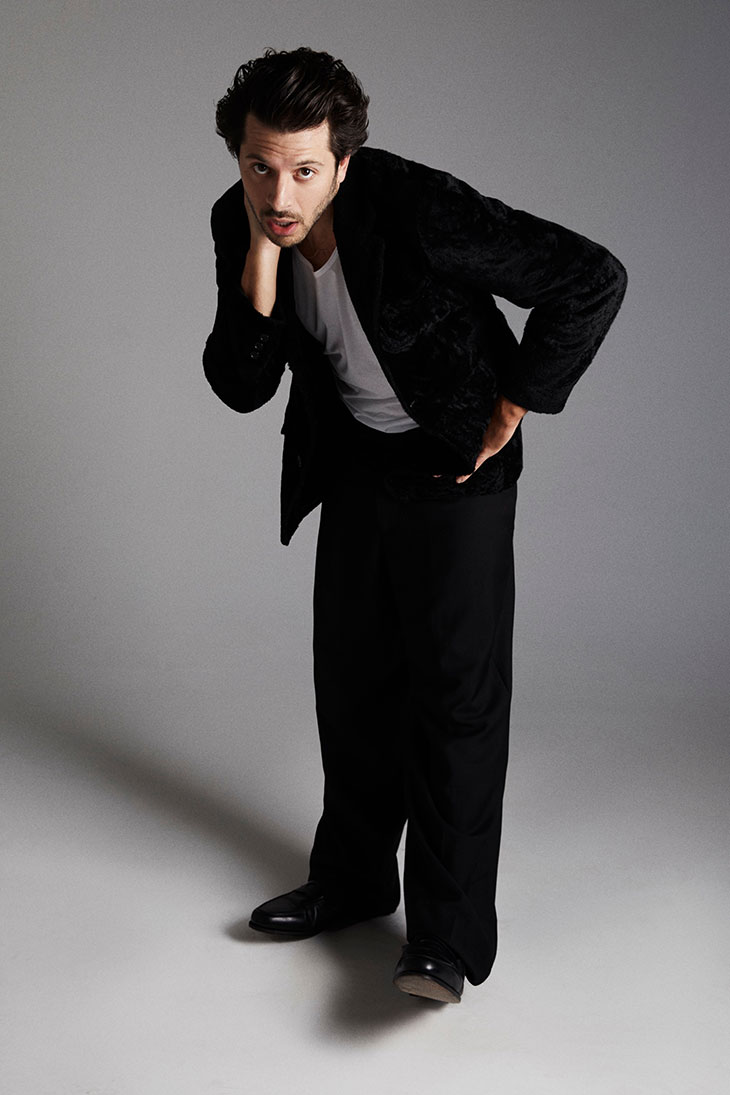
The Roman games were notorious for their brutality. How does the series handle the portrayal of such violence, and what was your approach to these intense scenes?
Daniel P. Mannix’s book Those About to Die serves as the source material for the show. The brutality and violence documented in the book go beyond what Roland wanted to portray. There is a limit, I suppose. While we couldn’t shy away from the violence since it’s central to each story, we had to exercise tasteful restraint.
How do you unwind after a long day of filming demanding scenes?
It took almost a year to complete the shoot. Some days are harder than others, and you have to find ways to stay energized. Often, a good company of actors is key—people who are in the same boat and have your back, finding ways to maintain buoyancy and levity, especially when you’re up against it. I have been very lucky to work with some truly wonderful and generous people. The other key is sleep. Early starts and long days can be exhausting. I know it’s an obvious thing to say, but getting a good night’s sleep is vital!
“The show depicts many aspects of Roman society that have direct equivalents today. The mass sport events, the manipulation of the public to rebalance political power, the worship of celebrity.”
Are there any particular scenes in the series that you are especially excited for audiences to see when it premieres?
I am excited for audiences to witness the unfolding drama at the heart of the competitions. Early in the series, the chariot races seem impersonal as the audience knows little about the athletes. However, as the series progresses, these competitions gain deeper meaning as we become familiar with the interpersonal dynamics and understand what is truly at stake. It’s fascinating to see vengeance sought within a spectacle of such scale and risk.
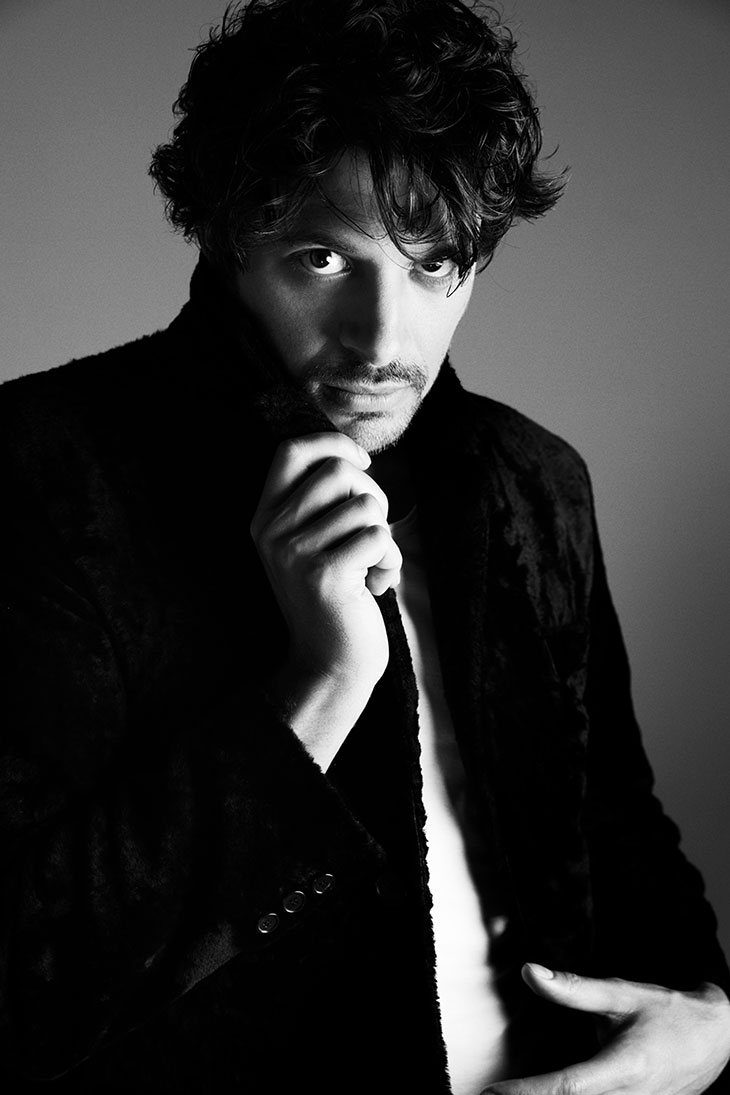
What has been the most rewarding part of your career so far, and what are you most looking forward to in the future?
It’s hard to pick out a single moment as a career highlight. Performing at the Almeida Theatre in London when I was 22 was definitely a big moment for me. I didn’t go to drama school, and, especially at that time, it was hard to break into theatre without formal training. A credit to my agent Sarah Camlett for believing in me and getting me through the door. The future is always a bit of a mystery as an actor, and I’ve learned to be okay with that.
